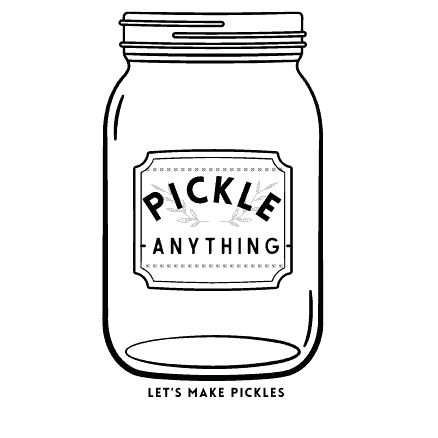Decoding Pickled in Slang: Understanding the Definition and its Vibrant Pop Culture Impact
Introduction
Slang has always played a significant role in pop culture, constantly evolving to reflect the changing times and attitudes of society. One such term that has gained traction in recent years is “pickled.” In this blog post, we will delve into the definition and vibrant pop culture impact of this intriguing slang term.
What does “pickled” mean in slang?
Before we explore its impact, let’s first understand what “pickled” means in slang. Pickled is used to describe someone who is intoxicated or under the influence of drugs. It can refer to being drunk on alcohol or high on substances such as marijuana or other illicit drugs.
The origin of this slang term can be traced back to the early 20th century when pickling was a common method of preserving food. The analogy between preserving food and intoxication likely led to the adoption of “pickled” as a term for being drunk or high.
Historical context of “pickled”
Throughout history, “pickled” has been used in various contexts. In the 1920s during Prohibition in the United States, when alcohol consumption was illegal, people often used coded language like “pickled” to refer to being drunk without arousing suspicion from law enforcement.
In popular culture over the years, we can find numerous examples where “pickled” has been utilized. From classic novels like F. Scott Fitzgerald’s The Great Gatsby, where characters attend lavish parties and become pickled with excessive drinking, to iconic films like Animal House which depicts college students engaging in various forms of debauchery while getting pickled.
The rise of “pickled” in modern pop culture
In recent years, there has been a significant increase in the popularity and usage of the term “pickled,” especially among younger generations. This surge can be attributed to various factors, including the influence of music, movies, and social media.
Artists from different genres have incorporated “pickled” into their lyrics, perpetuating its usage among fans. From hip-hop tracks that glorify substance use to party anthems that celebrate getting pickled as a form of liberation and escapism.
Movies and television shows have also contributed to the rise of “pickled” in pop culture. In films like The Hangover series or TV shows like Shameless, characters engage in reckless behavior while being pickled, portraying it as a norm or even a desirable state.
Furthermore, social media platforms have played a crucial role in spreading slang terms like “pickled.” Memes and viral content often revolve around humorous depictions of being intoxicated or refer to specific substances using playful language. This online presence has only further solidified the term’s place within pop culture lexicon.
Understanding the various contexts where “pickled” is used
It is worth noting that different subcultures may use the term “pickled” in varying ways. For instance, gamers might refer to getting pickled as a state of intense focus during gameplay. Sports enthusiasts might employ it to describe athletes who perform exceptionally well under pressure. Even fashion communities have adopted “pickled” as an adjective for clothing items with bold and vibrant designs.
This adaptability showcases how slang terms can evolve differently among distinct communities while maintaining their core meaning.
Impact on language and communication
Slang words like “pickled” play a vital role in shaping language evolution. They contribute to the creation of new vocabulary that reflects contemporary trends and experiences. Additionally, they help strengthen bonds within social groups by establishing shared linguistic codes.
Informal communication across various platforms has been greatly influenced by slang terms such as “pickled.” Texting abbreviations, internet acronyms, and chat room lingo often incorporate these words for brevity or to foster a sense of camaraderie. The widespread use of such terms has blurred the boundaries between formal and informal language, creating a linguistic landscape that is constantly evolving.
Controversies surrounding “pickled”
However, it is important to acknowledge the controversies and criticisms associated with using slang terms like “pickled.” Critics argue that these words can trivialize serious issues such as substance abuse and addiction. They suggest that glorifying or normalizing intoxication through slang can contribute to a harmful cultural attitude towards substance use.
Furthermore, misunderstandings may arise when slang terms like “pickled” are used in different contexts or by individuals who are not familiar with its meaning. This can lead to confusion or misinterpretation of intentions, potentially causing harm or perpetuating stereotypes.
Conclusion
In conclusion, the term “pickled” in slang carries various meanings and has made a lasting impact on pop culture. From its historical usage during Prohibition to its prevalence in modern music, movies, and social media platforms, “pickled” has become ingrained in our everyday language.
Understanding its multiple contexts of usage allows for a more nuanced interpretation of this slang term. However, it’s essential to approach the usage of “pickled” and other slang words critically to ensure they are not promoting harmful behaviors or contributing to societal misunderstandings.
As language continues to evolve alongside pop culture, we must navigate the vibrant world of slang with awareness and sensitivity towards its implications.
